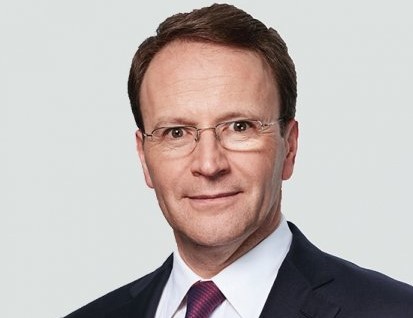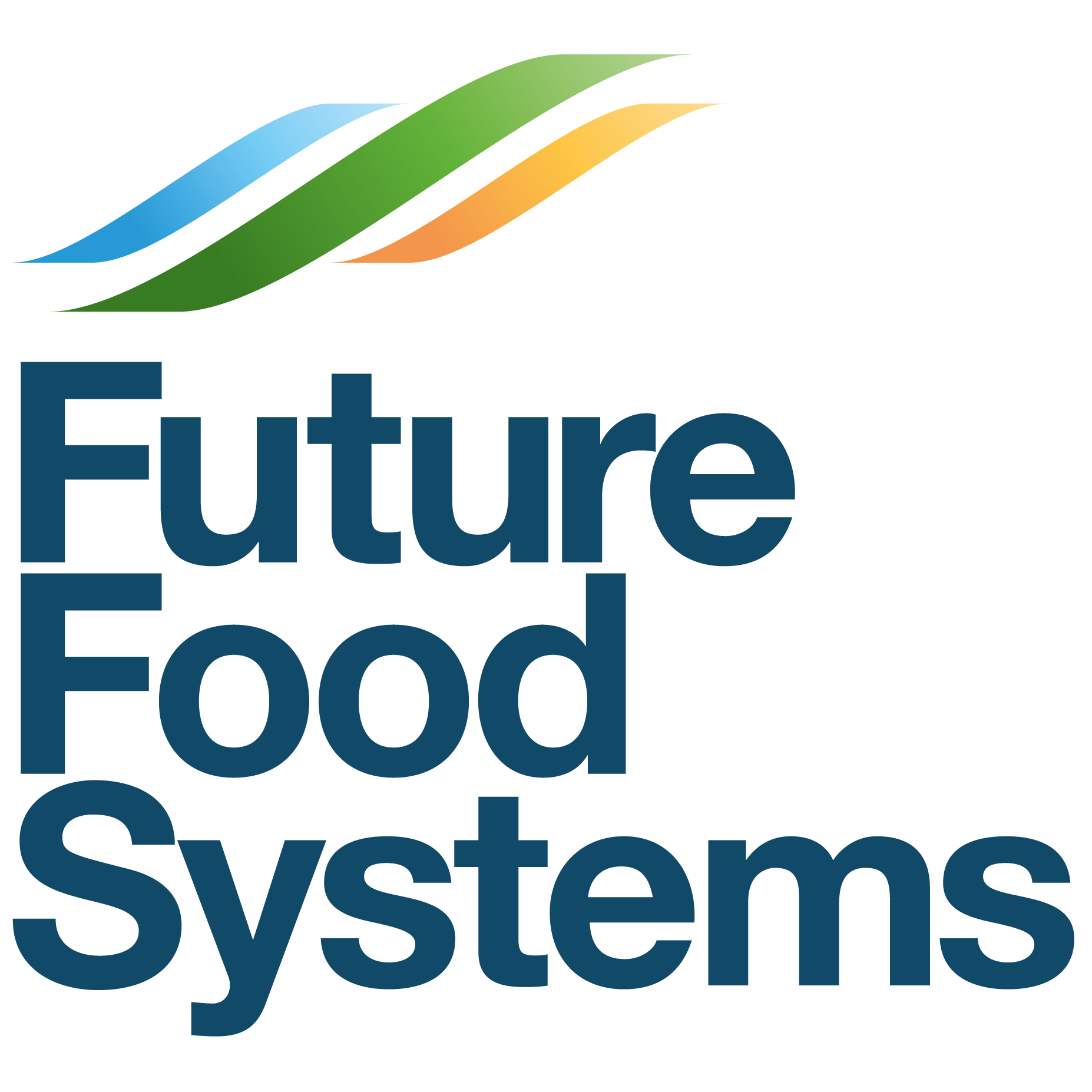Nestlé, a signatory of the UN ‘Business Ambition for 1.5°C’ pledge, has released a detailed plan (pdf, 10Mb), outlining measures by which it aims to halve its greenhouse gas emissions by 2030 and attain net zero emissions by 2050.
It is one of the first signatories to do so, launching its time-bound strategy ahead of schedule.
“With nearly two-thirds of our emissions coming from agriculture, it is clear that regenerative agriculture and reforestation are the focal points of our path to net zero,” said Magdi Batato, Executive Vice President and Head of Operations at Nestlé. “These efforts will reduce emissions and improve biodiversity at scale.
“We will also continue to eliminate emissions from our operations and make improvements in our product portfolio. We have our work cut out for us and we are committed to delivering,” Batato said.
Nestlé’s roadmap to sustainability
Actions Nestlé has pledged to take include:
- working with more than half a million farmers and 150, 000 suppliers in advancing regenerative agriculture to improve soil health and contribute to diverse ecosystems;
- rewarding farmers who ‘sign on’ to its regenerative farming scheme by co-investing in necessary capital expenditures and buying their goods at a premium and in larger quantities;
- sourcing more than 14 million tons of its ingredients through regenerative agriculture by 2030, boosting demand for goods produced with less environmental harm;
- planting 20 million trees a year between now and 2030 in the areas where it sources ingredients, amounting to hundreds of millions of trees over the coming decade;
- pledging to end deforestation in the firm’s primary supply chains for key commodities such as palm oil and soy by 2022;
- completing the company’s transition of 800 sites in 187 countries to 100 per cent renewable electricity by 2025;
- switching its fleet of vehicles globally to lower-emission options, and reducing and offsetting business travel by 2022.
- implementing water protection and regeneration measures;
- tackling food waste in its operations;
- Introducing more plant-based brands;
- reformulating products to make them more eco-friendly; and
- increasing its number of ‘carbon-neutral’ brands.
All these investments will be financed primarily through operational and structural efficiencies.

The new ‘roadmap’ came after a comprehensive review of Nestlé’s operations and businesses globally to ascertain the actions needed to address sustainability issues. The company’s baseline for assessing progress is 92 million tonnes, its total GG emissions in 2018.
“Tackling climate change can’t wait and neither can we. It is imperative to the long-term success of our business,” Nestlé CEO Mark Schneider said.
“We have a unique opportunity to address climate change, as we operate in nearly every country in the world and have the size, scale and reach to make a difference.
“We will work together with farmers, industry partners, governments, non-governmental organi[s]ations and our consumers to reduce our environmental footprint.”
The company’s emissions reduction targets have been approved by the Science Based Targets initiative (SBTi) as consistent with the levels required to meet the goals of the Paris Agreement. Nestlé will provide annual updates on its progress.
Source: Nestlé

